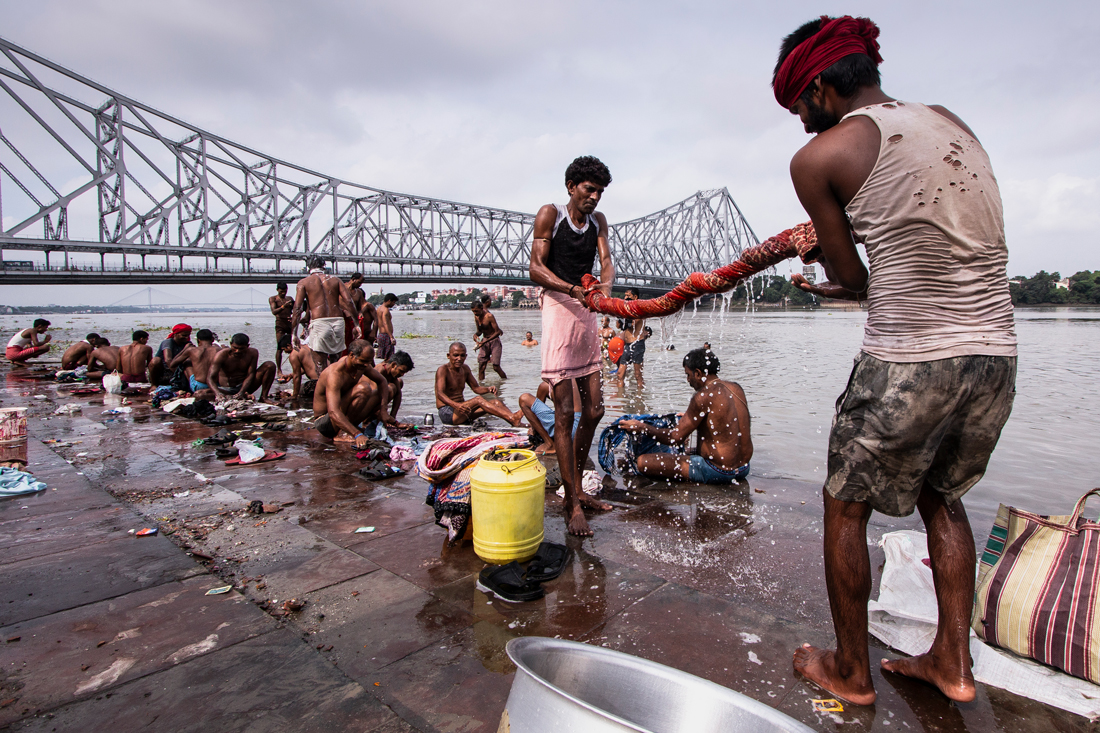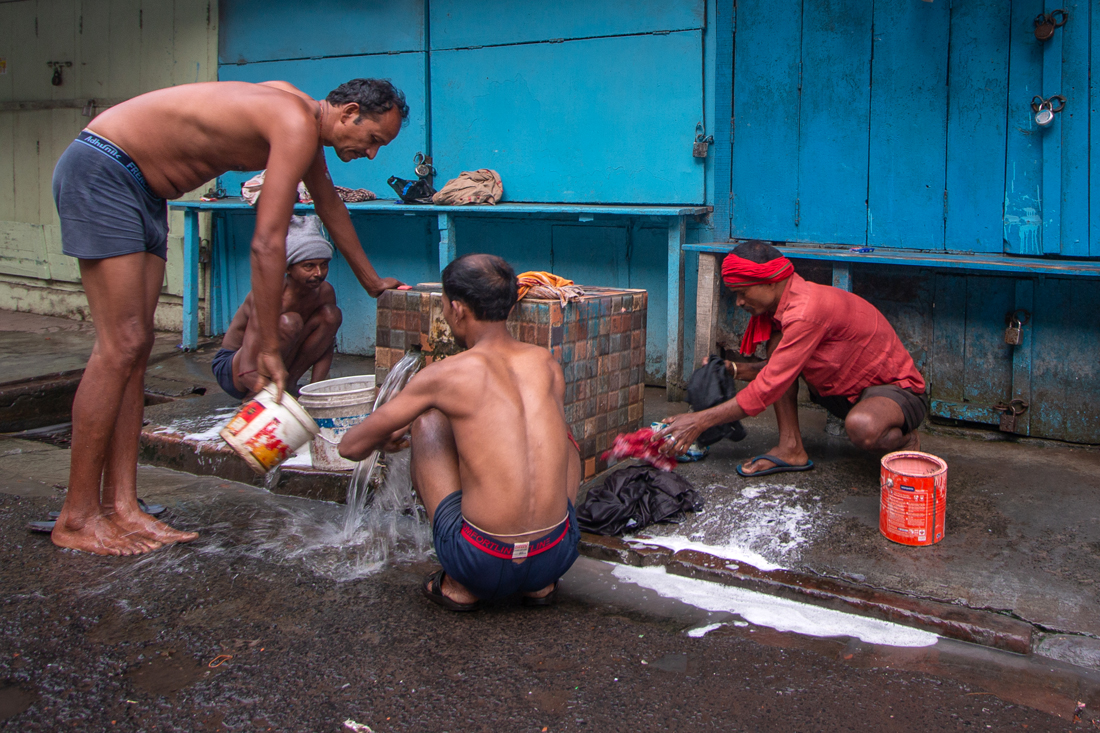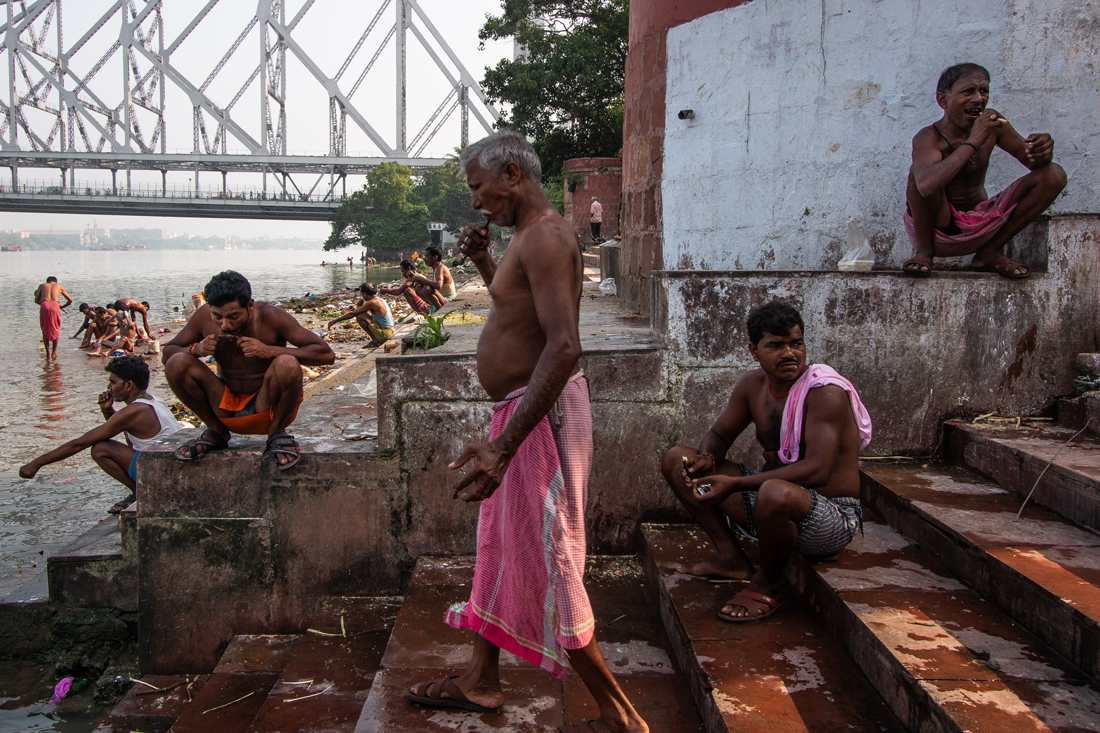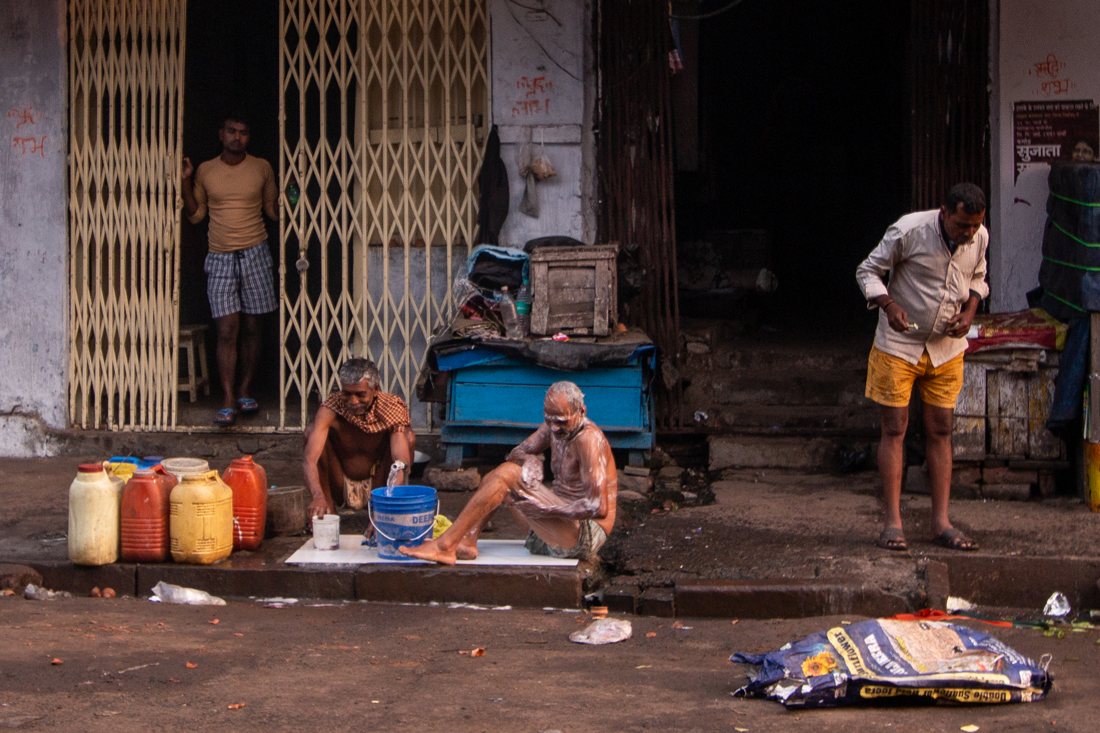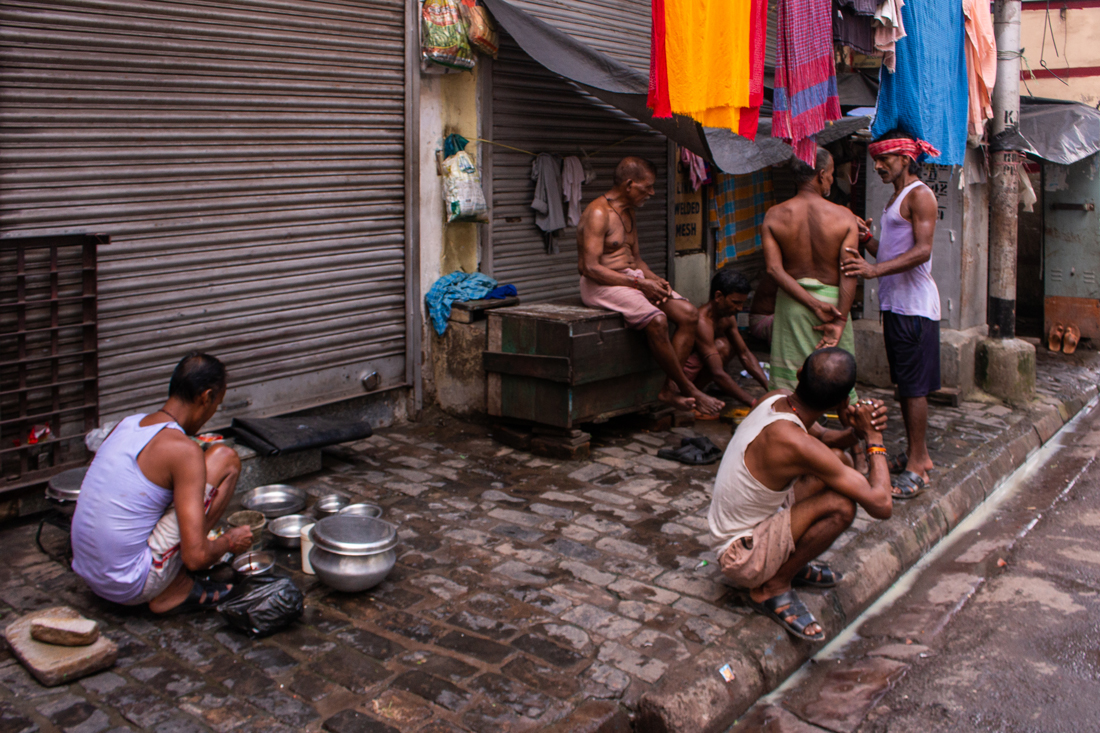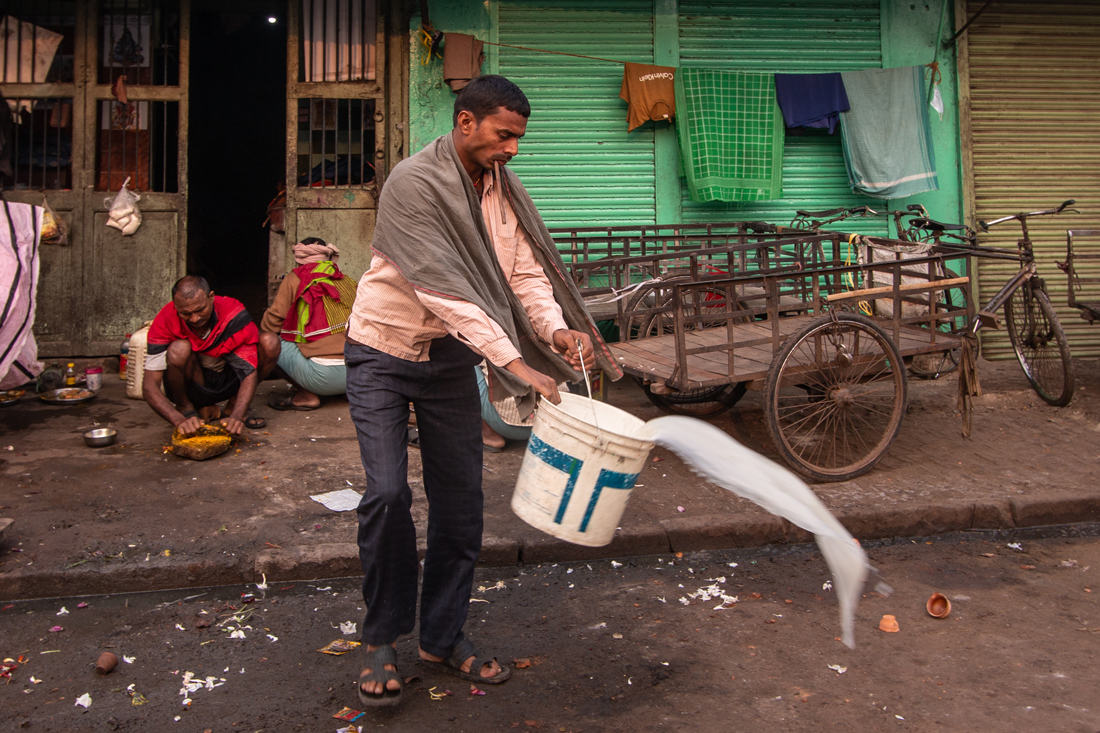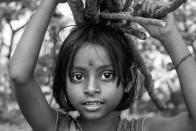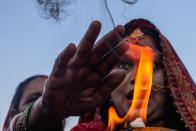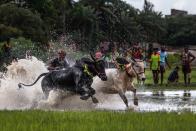Kinship among Migrant Workers
Kinship among Migrant Workers
Humans are social animals. We cannot live on our own. So, we live with our families; befriend our neighbours, bond with our colleagues at the workplace. In every form of relationship, we take care of others and are taken care of by our loved ones. We share our ideas and imaginations with our friends and family members. This bonding is called kinship. It is our strength that keeps us going through the thick and thin of our life.
In my view, kinship is of two types – Inherited and Acquired. I have heard some people refer inherited kinship as natural. However, it sounds odd. Every form of kinship is natural. Artificial kinship is all about pretension. We get a family immediately after birth. Our bonding with our father, mother, grandparents, uncles, aunties, brothers, sisters and cousins is inherited kinship. We do not have to make any special effort to earn the bond.
While growing up, we become friends with our neighbours’ sons and daughters. After our admission to schools, we find new friends. We befriend some, quarrel with others and patch up with a few. Some of our childhood friends become our best buddies and they stay with us till death sets us apart. But is it only friendship? Just naming it a mere friendship will not do justice to the bonding we share with them. Truly speaking, they become a part of our family or rather say, an extension of our family. It is acquired kinship.
In these photos, I have tried to talk about kinship among migrant workers. Migrant workers are those who stay far away from their families and native villages/towns/cities to earn bread and butter for their loved ones. Separated from their kith and kin for days, months, and sometimes, a few years, these migrant labourers find friends and guides in each other. They talk about their families, childhood stories, native places and many more things that one can share with their relatives and close friends.
While talking about parents, wife/sweetheart, and children, their eyes become moist. When travelling down the lane of their childhood days, nostalgia kicks in. They feel each other’s pain and pleasure. Far away from home, they become a strong support system for each other, which keeps them afloat on life’s hungry tides. Life is not a bed of roses, but a bed of thrones. This is truer for these workers who almost live from hand to mouth. The friendship with room partners and co-workers keeps them going through the hard times.
These migrants are poor. Even a bowl of chicken curry is not something they cannot afford every day. Because of poverty, their wants are limited to only the necessities. What brings smiles on their faces? The strength of togetherness is the key to their happiness. Whenever with friends, they seem to live among their own people. The unfamiliar faces became acquaintances and over time, close friends. They share some precious moments of their life together. They gel like a close-knit family. If the bonding is not kinship, then what is it?
About Photos
I spent two years taking photos of migrant labourers. I travelled a lot across the streets of North Kolkata. A large block of migrant workers lives in different parts of my city. Most of them come from Bihar and some are from Orissa and Uttar Pradesh. They have been living here for years. Some are rickshaw pullers whereas others are contractual workers at the construction sites. A few workers live with their families but most have their families in their native states.
These people create groups and every group lives like a family. Each group has 6-7 workers and sometimes, more. They huddle together in a small room. However, they always look energetic, joyous and happy. It seems they are short on money but not on happiness. During the pandemic, most of them lost their job. The rickshaw-pullers found no passengers. Their earning dropped to almost nadir. They wanted to get back home, but they were stuck there. Fortunately, life has reverted to normalcy and they have found the lost pace once again.
Back from work, they spend time together. They live on a shoestring budget as most of these migrants work on contracts. There is no security in their jobs. They need to support their poor families. They follow an unwritten yet clear “division of labour” rule. One of them buys groceries and other daily necessities, two or three cut vegetables, one or two cooks and the rest do other household work. Sometimes, there is a rotation of their duties, but they always conform to the "division of labour" rule.
When they get time - usually after lunch or getting back home or when cutting vegetables/cooking - they share their thoughts or engage in plaint talks and light moments. They usually share a common, small bathroom. Therefore, they usually brush their teeth or take a bath under the roadside taps. In some places, a big marble slab is placed under the tap. On the weekend and holidays, they wash their clothes on the marble. A few groups afford to buy TV and all watch games or movies in their free time.
As they are always very concerned about their spending and saving, they hardly visit the barber and instead, shave at home or get a friend done the job. The workers usually get up early in the morning. After all, they have to reach their workplace on time. On the weekdays, they work like robots. The routine-bound people work hard until they hit the bed. On the weekend, they enjoy themselves together. A special meal like fish curry or meat is a kind of luxury for these people and they enjoy every bit. Once or twice a year, they borrow DVDs and watch the latest movies.
On some weekends or during their festivals, they visit their families. They cannot afford to visit their native state every month. When they are here, they miss their families and when they reunite with their families; they miss their friends. They grow strong feelings for each other. One’s happiness brings smiles to others’ faces and someone’s grief and sadness envelop the entire group. How to define this friendship? To me, their friendship evolves into kinship. A bond that they forged among themselves becomes something more than friendship.
